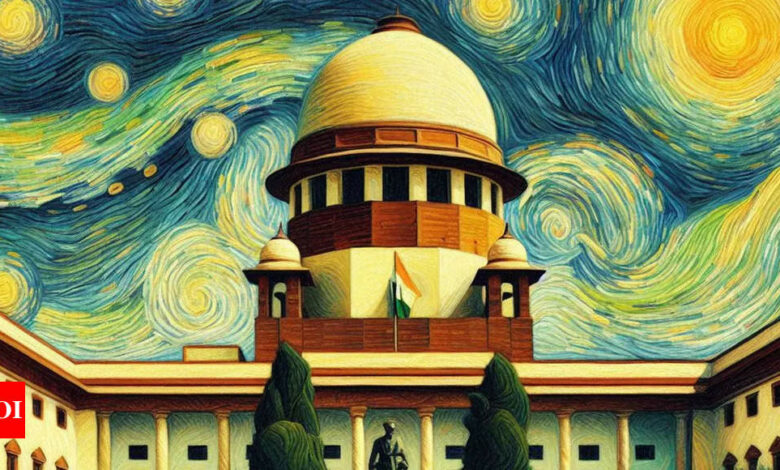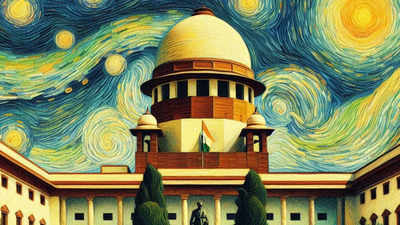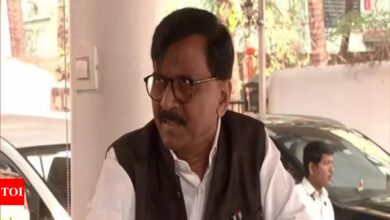India
The state cannot seize all private property for public good: Supreme Court – Times of India



The nine-judge bench, headed by Chief Justice DY Chandrachud, quashed previous rulings, including that of Justice Krishna Iyer, which suggested that Article 39(b) of the Constitution granted states sweeping powers to raise private funds.
The crux of the case revolved around the question of whether private property falls within the definition of “tangible resources of the community” as stated in Article 39(b). This article requires the state to ensure “that ownership and control of the material resources of the community are distributed in such a way as to serve the common good.”
However, the majority opinion made clear that this article does not give states unlimited power to seize private property. Justice BV Nagarathna presented a partial dissent, while Justice Sudhanshu Dhulia completely disagreed with the majority verdict.
The Supreme Court’s decision stems from a case filed in 1992 by the Mumbai-based Property Owners’ Association (POA). The POA has challenged a section of the Maharashtra Housing and Area Development Authority (MHADA) Act, which allowed state authorities to acquire buildings and land if 70% of residents applied for restoration.




